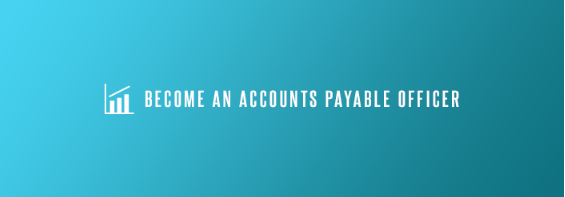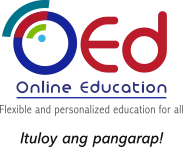Finance And Accounting Short Courses
- Corporate Financial Planning Analyst
- Finance and Accounting
- Philippine Tax System and Income Taxation
- Accounting Information System
- Accounting Review with Qualifying Exam
- Accounts Payable Officer
- Cost Accounting and Cost Management
- Financial Accounting and Reporting 1
- Bookkeeper

Over the past decade, the financial planning and analysis profession has grown dramatically. Learn the skills you need to gather, analyze and present financial data so you can become a Corporate Financial Planning Analyst, and begin working toward becoming a corporate strategic partner.
- Develop basic financial analyst skills required as a Corporate Financial Planning Analyst
- Demonstrate technical skills to execute effectively.
- Build leadership and communication skills to excel and advance.

Review concepts such as financial analysis, accounting, and budgeting. Learn how to use financial data to diagnose business conditions, identify issues, and develop plans. Explore processes to determine how money will be spent to get work done and see how to establish and maintain realistic budgets.
- Explore financial, managerial, and tax accounting.
- Relate accounting, decision-making, and financial health.
- Interpret financial statements and communicate results.

This course is intended to give students an overview of the Philippine Tax System. These include basic principles and rules of the income tax system that are applicable to individuals and corporations. This also covers a guide on how to file the income tax returns, know the prescriptive periods and the remedies of the taxpayers.

This course deals with the principles involved in the monitoring, distributing and securing of information by accountants. Evaluating AIS investments as well as dealing with challenges involved in building AIS systems are also tackled.

This course aims to assess candidate’s ability to demonstrate understanding and application of accounting principles and standards. It is designed to equip candidates with sufficient learnings and knowledge before advancing to higher accounting studies.
This accounting review with qualifying examination constitutes topics covered under Financial Accounting and Reporting I and II. This course will cover review on Theory of Accounts and Practical Accounting I as provided in the licensure examination for Certified Public Accountants.

Kick-start your career in accounting and help companies run more effectively as an accounts payable officer. With this learning path, you’ll gain a solid foundation in accounting, finance, and cash flow, as well as experience using essential accounting tools like QuickBooks.
- Review essential math concepts and strategies.
- Learn the fundamentals of accounting and corporate finance.
- Practice with hands on essential training in Quickbooks.

This course is intended to orient students to the accounting of costs of a manufacturing business. These cover overview of cost accounting, manufacturing cost accounting cycle, product costing systems, and variance analysis.

This course introduces the nature, functions, scope, and limitations of the broad field of accounting theory. It deals with the study of the theoretical accounting framework objectives of financial statements, accounting conventions, and generally accepted accounting principles, standard setting process for accounting practice, national as well as international principles relating to the preparation and presentation of financial statements, the conditions under which they may be appropriately applied, their impact or effect on the financial statements; and the criticisms commonly leveled against them. The course covers the detailed discussion, appreciation, and application of accounting principles covering the assets, financial and non-financial. Emphasis is given on the interpretation and application of theories of accounting in relation to cash, temporary investments, receivables, inventories, prepayments, long-term investments, property, plant and equipment, intangibles, and other assets, including financial statement presentation and disclosure requirements. The related internal control, ethical issues, and management of assets are also covered. Exposure to computerized system in receivables, inventory, and lapsing schedules is a requirement in this course.

Ready to begin a career in finance? Bookkeepers are essential to the success of small businesses. This path will help you build a strong foundation in accounting and small business finance as well as QuickBooks, and the best practices of bookkeeping.
- Master the fundamentals of bookkeeping, accounting, and finance.
- Create sample company files and records in QuickBooks.
- Learn from industry experts on how to run a profitable business.
OEd’s Go-to Statement
For professionals who would like to pursue their studies and work at the same time, we are the Go-to for flexible distance education with established expertise in the field of online education since 2015. Unlike the other competitors, we value the students by providing the best customer service while giving them the best advice on how to finish their studies as fast as possible. The 24/7 platform accessibility liberates the students to manage their time and learn at their own pace, anytime, anywhere.
